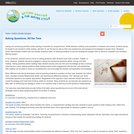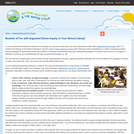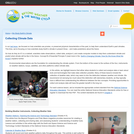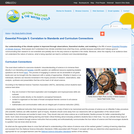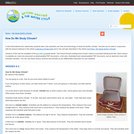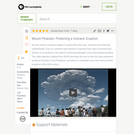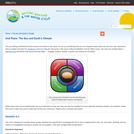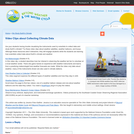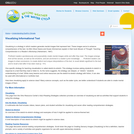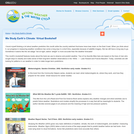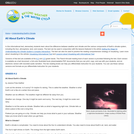
In this informational text, elementary school readers learn about the difference between weather and climate and about components of the climate system. The text can be used to practice visualizing and other comprehension strategies. Available in K-2 and 3-5 grade bands and as an illustrated book as well as a text document, the story appears in the online magazine Beyond Weather and the Water Cycle.
- Subject:
- Arts and Humanities
- Chemistry
- Education
- English Language Arts
- Geoscience
- Physical Science
- Physics
- Reading Informational Text
- Space Science
- Material Type:
- Activity/Lab
- Lesson Plan
- Reading
- Teaching/Learning Strategy
- Provider:
- Ohio State University College of Education and Human Ecology
- Provider Set:
- Beyond Weather and the Water Cycle
- Author:
- Jessica Fries-Gaither
- National Science Foundation
- Date Added:
- 05/30/2012
